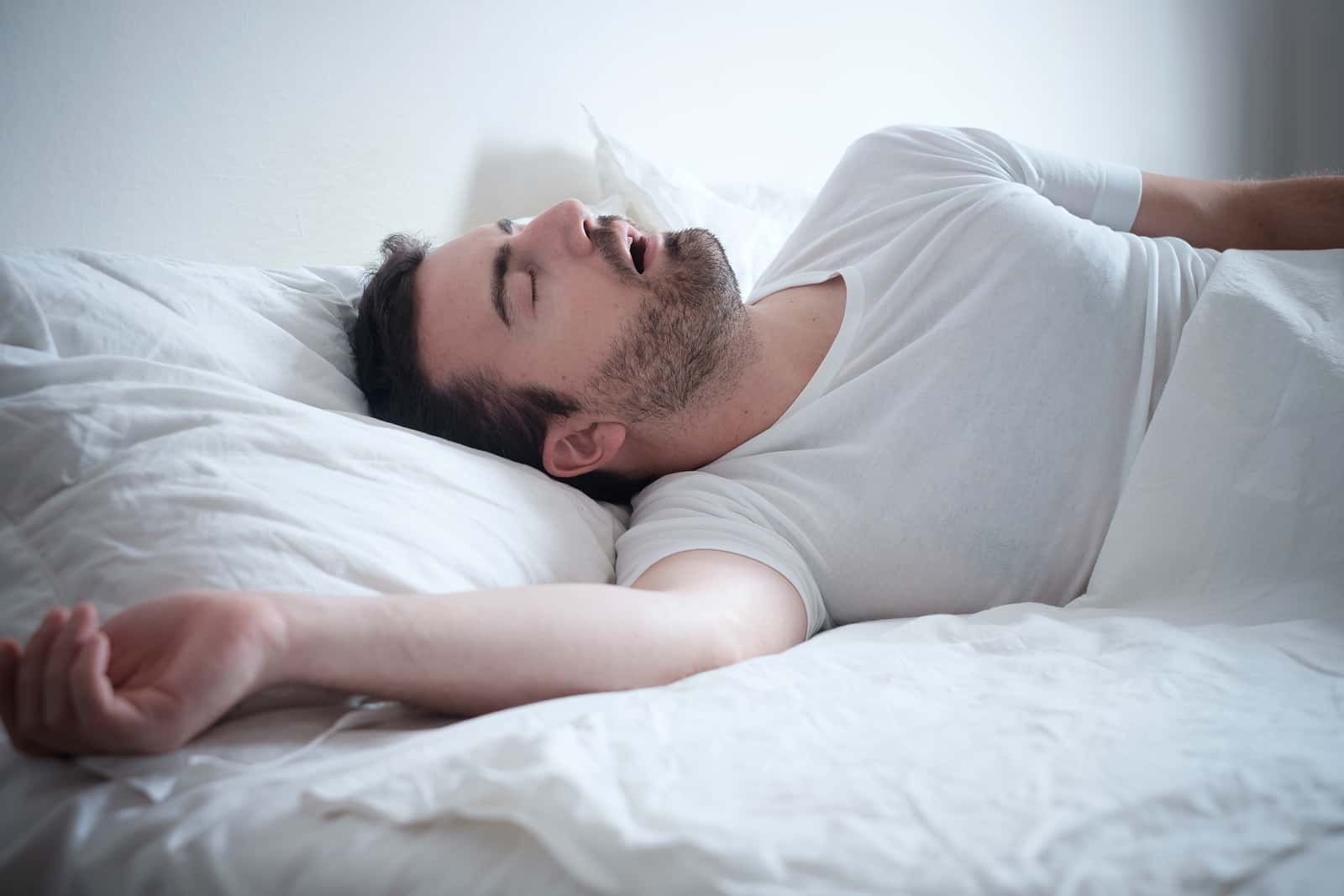
People have come up with a lot of remedies for snoring. Usually, the one most troubled by snoring is a bed partner who is awakened by the noise. Years ago, we heard that people would sew tennis balls to the back of a pajama top. As a result, sleeping supine would be uncomfortable. Some snorers tried adhesive strips to hold the nostrils open. One reader found an innovative approach to stop snoring. Here we pass it along.
What Can You Do to Stop Snoring?
Q. Do you have a solution for snoring? My husband has been complaining that I wake him up, and I don’t know what to do.
A. First, you will want to check with your healthcare provider about evaluating whether your snoring indicates sleep apnea. This breathing problem could disturb sleep and lead to cardiovascular complications. It is usually treated with a CPAP machine (continuous positive airway pressure).
If there is no sign of sleep apnea, you might consider singing. Several years ago, a reader reported that half an hour of singing during the day eliminated nighttime snoring. Playing a wind instrument also works and can reduce sleep apnea as well (Journal of Clinical Sleep Medicine, Sep. 15, 2020).
Can You Stop Snoring by Taking Up Singing?
Q. About three years ago, I regularly woke my wife with my snoring. She said I would also stop breathing during the night.
I read an article in the AARP newsletter that singing can stop snoring, so I tried it. When I sang for about 30 minutes a day, I stopped snoring in about a week!
Now, if I don’t sing for six months or so, the snoring comes back. All I have to do is start singing again, and it subsides. The article said that singing strengthens the muscles in the throat. It also makes me feel better.
A. People who stop breathing in their sleep should see a doctor about possible sleep apnea. We love your solution to stop snoring, though! It sounds like a simple way to solve an otherwise tricky problem. Singing seems to reduce snoring and sleep apnea . So does playing a wind instrument. However, unless you already have the instrument and some basic instruction in its use, singing is easier.

Cheerful young musician played on guitar, sing a song outside in sunny day, isolated on a blurred street background.
Citations
- van der Weijden F et al, "The effect of playing a wind instrument or singing on risk of sleep apnea: a systematic review and meta-analysis." Journal of Clinical Sleep Medicine, Sep. 15, 2020. DOI: 10.5664/jcsm.8628

